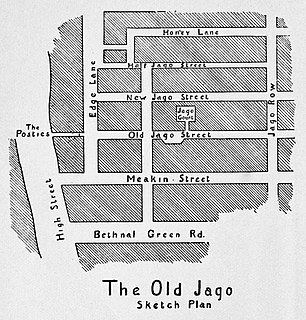 W
WA Child of the Jago is an 1896 novel by Arthur Morrison.
 W
WThe Heart of Princess Osra is part of Anthony Hope's trilogy of novels set in the fictional country of Ruritania and which spawned the genre of Ruritanian romance. This collection of linked short stories is a prequel: it was written immediately after the success of The Prisoner of Zenda and was published in 1896, but is set in the 1730s, well over a century before the events of Zenda and its sequel, Rupert of Hentzau. The stories deal with the love life of Princess Osra, younger sister of Rudolf III, the shared ancestor of Rudolf Rassendyll, the English gentleman who acts as political decoy in The Prisoner of Zenda, and Rudolph V of the House of Elphberg, the absolute monarch of that Germanic kingdom.
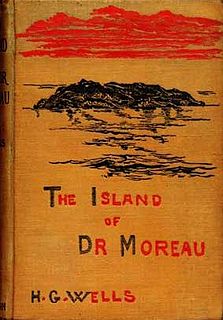 W
WThe Island of Doctor Moreau is an 1896 science fiction novel by English author H. G. Wells (1866–1946). The text of the novel is the narration of Edward Prendick who is a shipwrecked man rescued by a passing boat. He is left on the island home of Doctor Moreau, a mad scientist who creates human-like hybrid beings from animals via vivisection. The novel deals with a number of philosophical themes, including pain and cruelty, moral responsibility, human identity, and human interference with nature. Wells described it as "an exercise in youthful blasphemy."
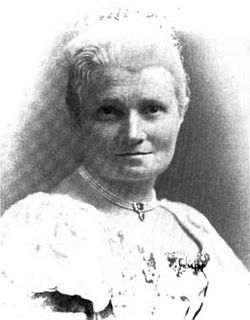 W
WOn the Face of the Waters is a novel by English author Flora Annie Steel. It was first published in 1897 when it was hailed by critics as one of the best novels dealing with the Indian Rebellion of 1857. It is divided into five books of six chapters each.
 W
WThe Other House is a novel by Henry James, first published as a serial in the Illustrated London News in 1896 and then as a book later the same year. Set in England, this book is something of an oddity in the James canon for its plot revolving around a murder. The novel was originally planned as a play called The Promise. James sketched a scenario for the play in 1893, but it didn't interest theater managers. In 1896 James converted the scenario into The Other House for publication in a popular weekly magazine. He converted the novel back into a play in 1909, but it again failed to be produced.
 W
WAn Outcast of the Islands is the second novel by Joseph Conrad, published in 1896, inspired by Conrad's experience as mate of a steamer, the Vidar.
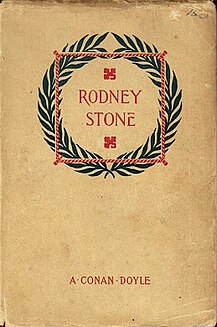 W
WRodney Stone is a Gothic mystery and boxing novel by Scottish writer Sir Arthur Conan Doyle first published in 1896.
 W
WSir George Tressady is a novel by Mary Augusta Ward. Originally published as a serial from 1895 to 1896, it was Ward's seventh novel.
 W
WWeir of Hermiston (1896) is an unfinished novel by Robert Louis Stevenson. It is markedly different from his previous works in style and has often been praised as a potential masterpiece. It was cut short by Stevenson's sudden death in 1894 from a cerebral haemorrhage. The novel is set at the time of the Napoleonic Wars.
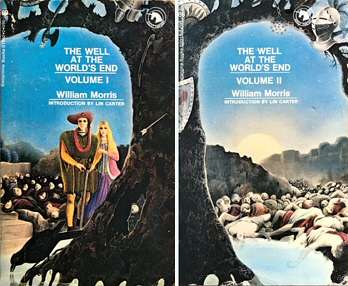 W
WThe Well at the World's End is a high fantasy novel by the British artist, poet, and author William Morris. It was first published in 1896 and has been reprinted a number of times since, most notably in two parts as the 20th and 21st volumes of the Ballantine Adult Fantasy series, in August and September 1970.
 W
WThe Wheels of Chance is an early comic novel by H. G. Wells about an August 1895 cycling holiday, somewhat in the style of Three Men in a Boat. In 1922 it was adapted into a silent film The Wheels of Chance directed by Harold M. Shaw.
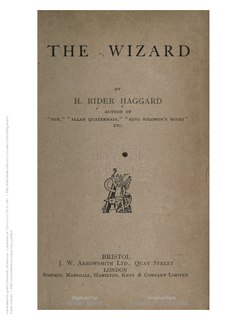 W
WThe Wizard is a novel by Henry Rider Haggard, first published by Longmans, Green, and Co., in 1896. The Wizard is one of the many examples of imperialist literature. According to Rebecca Stott, author of the article “The Dark Continent: Africa as Female Body in Haggard’s Adventure Fiction,” Haggard's fiction is still popular today and attempts to expose a “cultural and historical definition of white masculinity at its most rugged and its most terrified.”